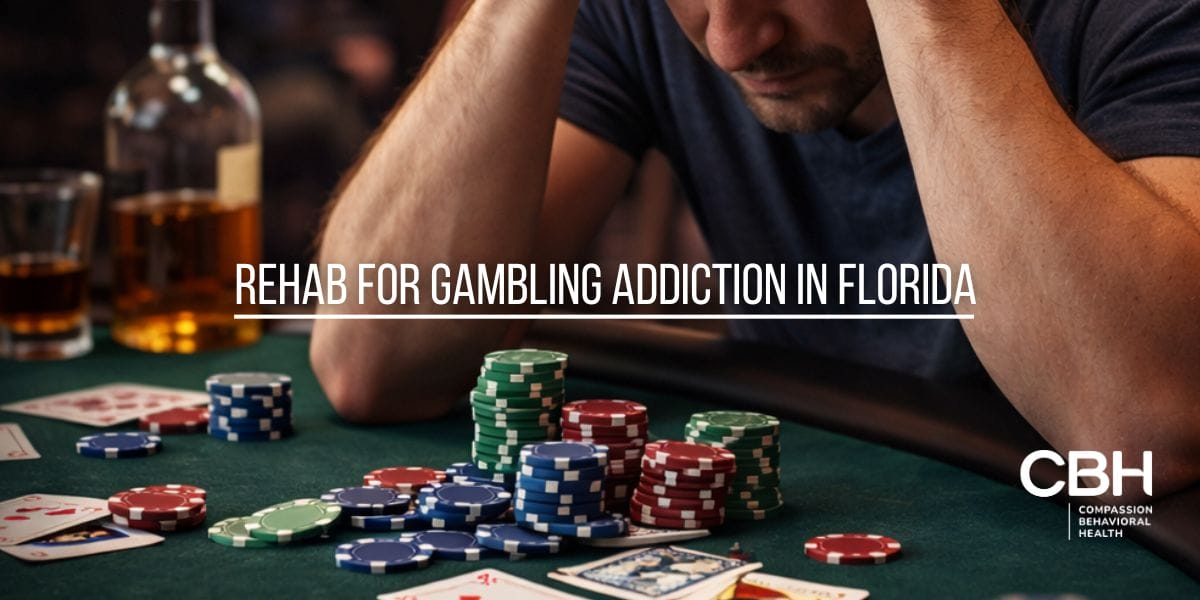Addiction is a complex and devastating condition that affects individuals from all walks of life. Whether it’s substance abuse, gambling, gaming, or even shopping, addictions can have severe consequences on physical and mental well-being, relationships, and overall quality of life. Recognizing the signs of a forming addiction is crucial in order to intervene early and seek appropriate help. In this article, we will explore the key indicators that can help identify a forming addiction and provide insights into how to address this issue effectively.
1. Changes in Behavior and Mood
One of the primary signs of a forming addiction is a noticeable change in an individual’s behavior and mood. These changes may manifest in various ways, such as increased secrecy, sudden mood swings, withdrawal from social activities, or a loss of interest in previously enjoyed hobbies. An addict might become more irritable, defensive, or anxious when questioned about their behavior, displaying signs of denial or avoidance.
2. Preoccupation and Cravings
Individuals developing an addiction often experience an intense preoccupation with the object or behavior they’re addicted to. They may spend an excessive amount of time thinking about it, planning their next “fix,” or finding ways to engage in the addictive behavior. Persistent and uncontrollable cravings are also common, driving the person to seek out the addictive substance or activity at any cost.
3. Tolerance and Increased Consumption
As addiction progresses, individuals may develop a tolerance, requiring larger amounts of the substance or more frequent engagement in the behavior to achieve the same level of satisfaction. This increased consumption is a significant red flag that addiction is intensifying. For instance, a person who initially drank a glass of wine to relax may find themselves needing several glasses or even a bottle to experience the desired effects.
4. Neglecting Responsibilities and Priorities
Another key indicator of a forming addiction is the neglect of personal responsibilities and priorities. Addicted individuals may start to prioritize their addictive behavior over work, education, family, and other important obligations. They may show a decline in performance at work or school, experience financial difficulties due to excessive spending, or neglect their relationships and personal hygiene. These behavioral changes can have serious consequences and may lead to deteriorating personal and professional lives.
5. Withdrawal Symptoms
Withdrawal symptoms occur when an addicted individual attempts to reduce or discontinue their substance use or engagement in addictive behaviors. These symptoms can be physical, such as tremors, sweating, or nausea, as well as psychological, including anxiety, depression, or restlessness. The presence of withdrawal symptoms when attempting to quit or cut back on the addictive behavior is a clear indication that addiction has formed.
6. Interference with Relationships
Addictions often have a profound impact on interpersonal relationships. A person struggling with addiction may become increasingly isolated, preferring the company of others who share their addictive tendencies or distancing themselves from loved ones who express concerns. They may also engage in dishonesty, manipulation, or theft to support their addiction, eroding trust and straining relationships.
7. Escalating Consequences
One of the most alarming signs of a forming addiction is the escalation of negative consequences. Initially, an individual may experience mild repercussions, such as tardiness or arguments, but as the addiction progresses, the consequences become more severe. These may include legal troubles, financial ruin, deteriorating physical health, mental health disorders, and even the breakdown of important relationships.
Get Help Today
Recognizing the signs of a forming addiction is crucial in order to intervene early and prevent further harm. Changes in behavior and mood, preoccupation and cravings, tolerance and increased consumption, neglect of responsibilities, withdrawal symptoms, interference with relationships, and escalating consequences are all key indicators to be vigilant about. If you or someone you know exhibits these signs, it’s important to seek professional help and support as soon as possible. With the right intervention, treatment, and support network, recovery from addiction is possible, leading to a healthier and more fulfilling life. Remember, early recognition and intervention can make all the difference in overcoming addiction and reclaiming a brighter future.
When it comes to addressing addiction and embarking on the path to recovery, Compassion Behavioral Health is here to help. With our experienced team of professionals, we provide comprehensive addiction treatment and support services. Our evidence-based approach and personalized care ensure that each individual receives the specialized treatment they need.



